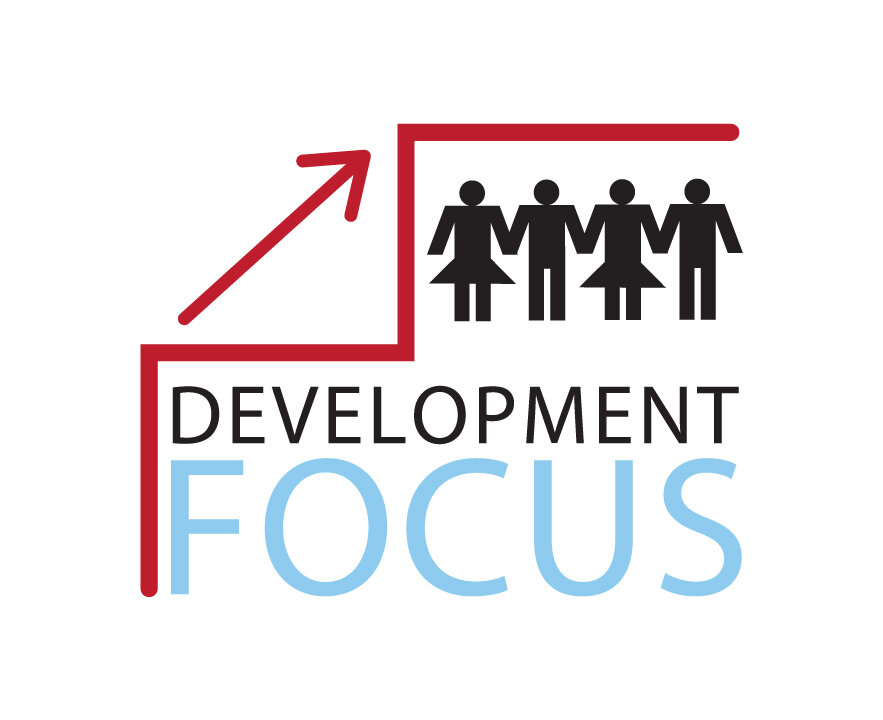
BridgeIT - Past
Bridging the IT gap between urban and rural India
“I am happy to join BridgeIT project. It has helped me improve my computer skills and start new businesses. My family also support me and help me in my shop. I hope there are more projects like these for unemployed youth”
(Gangappa, Karnataka)
This is just one of the testaments that represents the BridgeIT project. Development Focus has had the privilege of implementing the innovative BridgeIT project in three vastly different and varied regions. Piloted first in North Karnataka and then extended to Mizoram and Odisha, the project seeks, as its name suggests, to ‘Bridge’ the Information Technology gap between urban and rural communities. 110 young men and women from rural villages were selected by their communities and provided with the knowledge, equipment, and skills to provide IT related services to their communities. More importantly, through this, the project has created the opportunity for rural youth, who otherwise had very few options ahead of them, to develop and build sustainable livelihoods through e-entrepreneurship. With government and private players offering more and more services online there is a fast-growing opportunity for e-entrepreneurship especially in rural areas. These young girls and boys have seized this growing opportunity to provide services to their communities, and at the same time build a sustainable livelihood for themselves. Villagers no longer need to travel long distances into towns to access their online needs but can get them at their own doorstep at a reasonable cost. And as a give-back to society, these youth also go to local government schools and provide children with Computer Aided Learning, thereby reinforcing the Teaching-Learning experience. They also conduct Computer Based Functional Literacy classes for adults in their village who have missed out on education.
Enterprenuer Geeta with her pupil
“BridgeIT changed my life. Before the project I had no livelihood prospects. I was just roaming from one village to the next. Now because of this project I can provide a wide range of services in my village. Morning to evening I am full busy. Before I was full empty but now I am full busy. I earn at least Rs 500 per day and me and my family are happy now. In my village and in other villages people have high respect for me now. Thank you BridgeIT project!”
(Hanumanta, Karnataka)
“I really like the concept of this project. Through this project I have gained much knowledge about IT business. I am now able to browse the internet to see what business I can do. I have a dream to get my CSC registration and provide a wide range of services. My siblings now help me in my business and together we can contribute to the family income. The community also thanks me for providing these services right in the village, so they don’t have to travel far for these services”
(Zohming, Mizoram)
Outcomes:
● Online and Banking services available in rural areas
● Livelihood opportunities for rural youth, who otherwise had very little
● Learning process for children reinforced, and they become computer literate
● Adults gain functional literacy in a short span of 3 months
● Social change evident in the community The entrepreneurs seek out and capitalize on a wide range of opportunities to earn an income.
In North Karnataka and Odisha entrepreneurs have set up shops in strategic locations in their villages to provide IT related services. Several of our entrepreneurs are also registered to provide services through Digital India’s Common Service Centres (CSC) and are Business Correspondents (BCs) for several banks, thereby enabling them to bring a diverse range of services to the last mile.
“Earlier we didn’t know about computers. After attending the classes, we were able to learn how to Switch off and on, how to draw using “Paint” and how to play games. We can do anything in a computer and it is helpful for my future”
(Jyoti, 7th standard)
In Mizoram online shopping, network marketing, event photography, editing and printing photos, buying products online and selling locally, and providing a range of services to local private and government organisations, are more popular and in demand. Entrepreneurs also capitalise on the demand for clothes, two wheelers, cosmetics, and Mizoram handicrafts, to supplement their income. Apart from economic self-sufficiency, the project has also brought personal and social change in the lives of the entrepreneurs, their families, and the community. Gender norms and barriers have been broken. Upper caste members who live on one side of the road cross over to shops operated by scheduled caste and schedule tribe youth to meet their service needs. SC/ST youth are registering themselves with banks and government service providers to be their extension arm, often providing door-to-door services for the elderly and the house bound. Entrepreneurs are now participating in village panchayats and their opinion and counsel is sought. Entrepreneurs have gained recognition and respect leading to increased social status and social inclusion. Capacity to take risks and dream big, and a hope for a brighter future are now woven into the fabric of the project.
The entrepreneurs acknowledge that this is a unique opportunity not only for them but for their communities and for rural youth in general. They see this project as a ‘life saver’ providing prospects for a sustainable livelihood and a hopeful future. Successes such as these will continue to grow and impact our rural communities, and we will continue to bring such opportunities to many more regions of our country.




